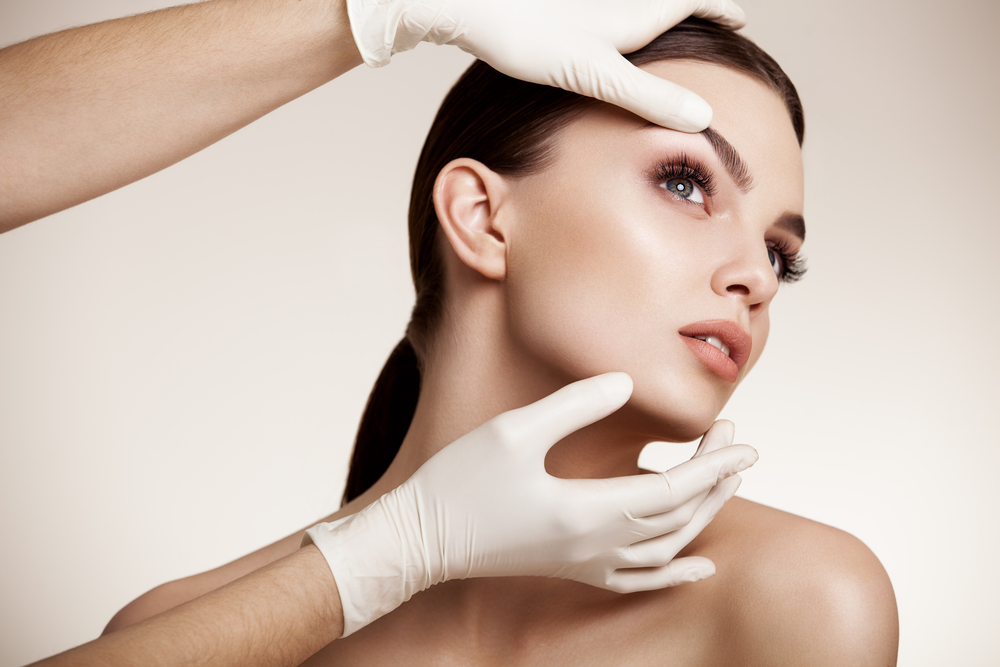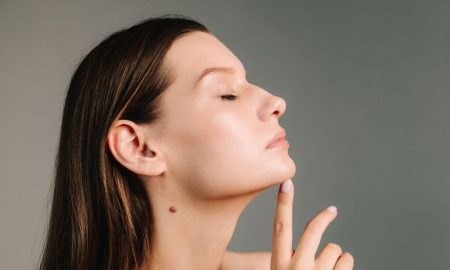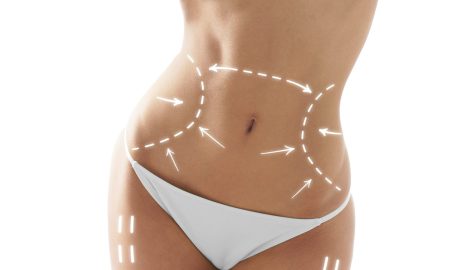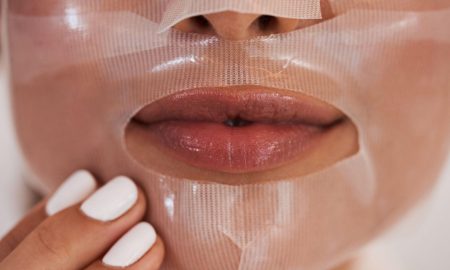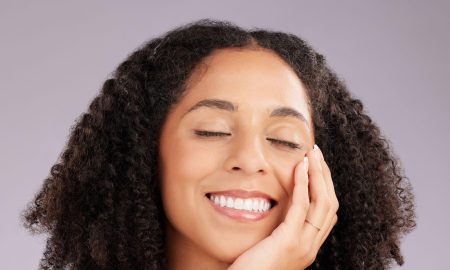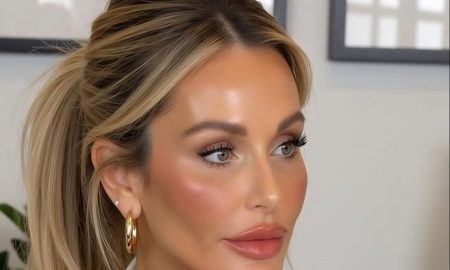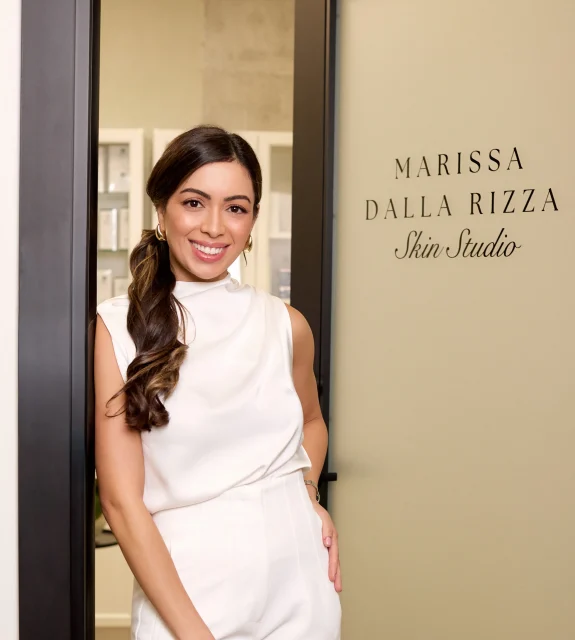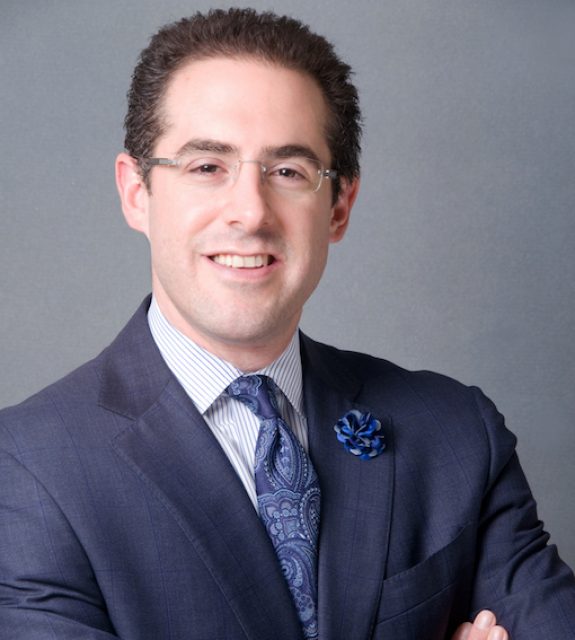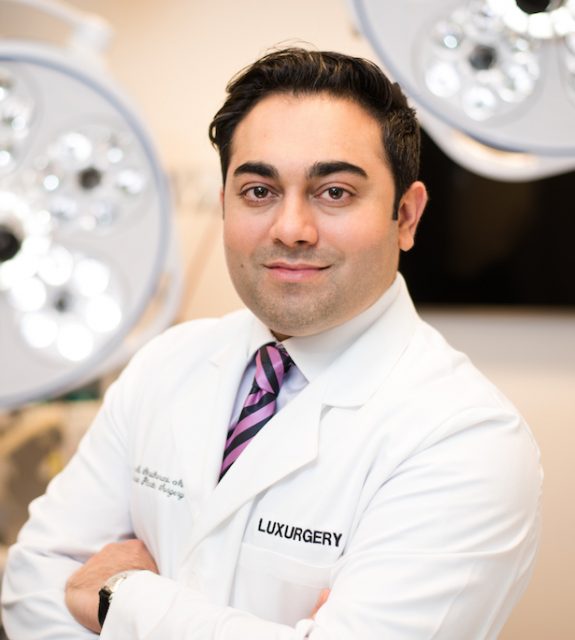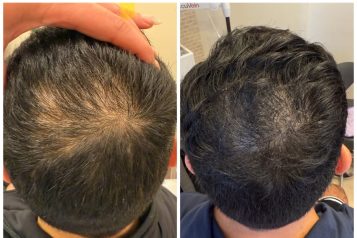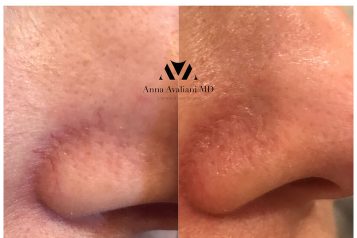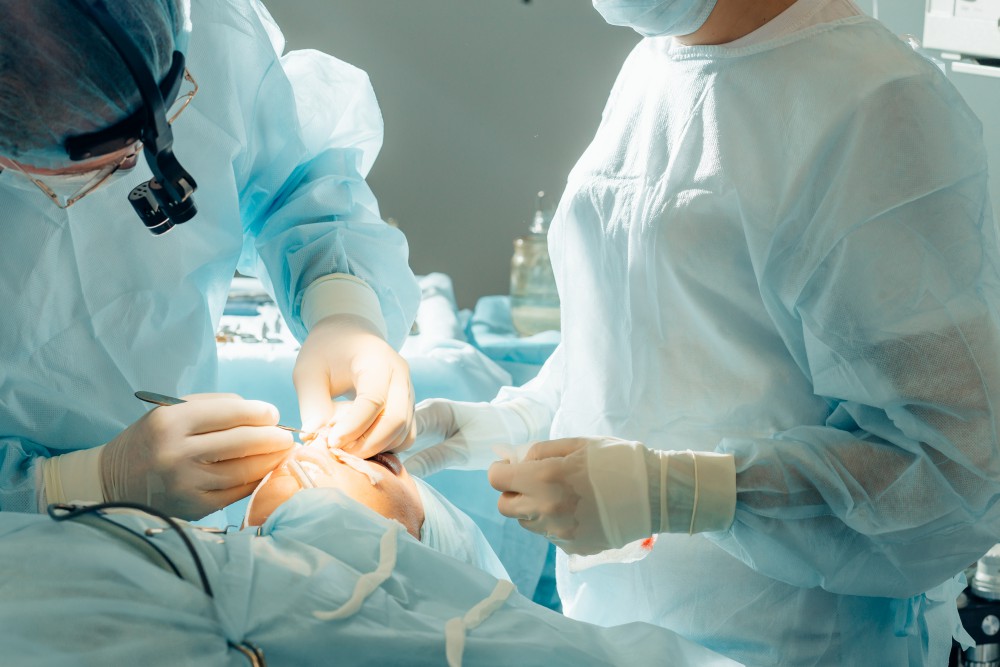
Rhinoplasty has been at the forefront of plastic surgery procedure for decades. Recently, a surge in this cosmetic procedure has spiked amongst the teenage population for various reason including social media and celebrity influences. Double-board certified plastic surgeon Dr. Kian Karimi sat down with Haute Beauty to discuss the rise in teenage rhinoplasty and the three tips parents should advise their children considering this procedure.
Describe the rise in teens and rhinoplasty?
There has been a definite rise in teenagers undergoing rhinoplasty procedures, making it one of the most common cosmetic surgeries performed in this population. Teenagers now have a lot more access to information than they used to with the popularity and advent of social media. Notable celebrities who have contributed to the rise in rhinoplasty procedures include Kim Kardashian, Bella Hadid, Jessica Simpson, Lady Gaga, and Zac Efron. These are all strong and successful celebrities who felt that small modifications of their nose would allow them to look their best. Even before social media was popular, many of my patients that come to me for a rhinoplasty procedure admit they have been self-conscious about their noses for years, sometimes even decades before finding the courage to take action.
Are there any notable celebrities who have contributed to the rise in rhinoplasty amongst teens?
Even though the nose is in the center of the face, it is not meant to be the most visibly prominent feature. Rhinoplasty is now being understood as a procedure that can allow one’s nose to not be a distraction from the rest of the features of their face. A distracting nose is one that draws attention to it, instead of allowing attention to go towards the typical features we like to see when interacting with someone like the eyes and mouth.
What advice would you give parents regarding their child’s rhinoplasty procedure?
Unfortunately, some teenagers are bullied for the appearance of their nose but most often, teenagers feel dissatisfied with their nose, even without the pressure from their peers and social media. Once teenagers start becoming self-conscious about their nose, it’s usually several years before they have the support of their parents and the confidence to move forward with a surgical rhinoplasty procedure.
What are the main concerns of cosmetic surgery at such a young age?
If your teenager comes to you inquiring about a rhinoplasty, I would advise against dismissing their concerns or writing off their issues as something that has been created by social media or society. I would discuss why your teenager feels the way they do about their nose and try to understand if this is something that has been a recent thought or if this is something that they saw online, or if this is something they have been thinking about for a long time. If they have been thinking about this for quite some time, it is unlikely that this will go away in their early or later adult years. This is the parents’ opportunity at this time to become partners with their teenagers in guiding them and helping them finding a qualified specialist and someone who has the best chance in producing the desired outcome.
Facial plastic surgery at a young age must be approached very delicately. Three important factors that must be addressed are physical readiness, psychological readiness, and ultimately the motive behind their desire to undergo a rhinoplasty procedure. If someone is simply wanting to change their appearance because they saw a cute nose on social media, they are not an appropriate candidate as this is an impulsive decision. An appropriate candidate is really someone who has been thinking about their nose and how it is disharmonious for a long period of time, usually for years. Other common complaints are teenagers that do not like their appearance, especially in photos, when they smile since their noses dip.
The physiological concerns are that the facial growth centers are completely grown, meaning teens should not have a nose job until the nose has reached its adult size. This normally happens at about age 15 to 16 for girls, and for males, it is anywhere from 18 to 21. Typically, we like to wait one year after menarche or a girls first period, and one year after a male has stopped growing both in height and in shoe size. When discussing rhinoplasty, there is always a possibility of needing a revision in the future. Fortunately, revisions are typically minor and may involve shaving down a bump a little more, adding a piece of cartilage for additional support or improving symmetry.
Are follow-up procedures or revisions typical in procedures on younger patients?
It is definitely not typical for a younger patient to need a revision later in life, although depending on the type of rhinoplasty performed or excessive cartilage grafting is performed, these cartilage grafts can warp after several years, causing an initially straight nose to turn crooked. Conversely, if a nose is significantly reduced in size and the appropriate structural grafts are not used, there can be collapse which can cause both breathing problems and aesthetic concerns.
Teens and their parents must be certain to consult with and ultimately choose not only the most highly qualified rhinoplasty specialist but also the surgeon who is right for this teen in particular. The best surgeons will develop a plan closely with the teen to achieve the desired goal.







